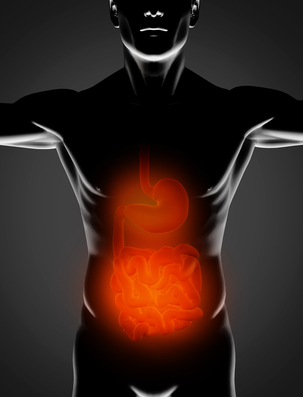Low vitamin D levels have been linked to Alzheimer’s disease, discover more about this brain and gut connection today and how “fire in the belly” is at the root of this disease.
Yet another study, published in the September 25, 2012, issue of Neurology, has linked low vitamin D levels with significant health issues — in this case, poor cognition.
People with Alzheimer’s disease (AD) had lower concentrations of vitamin D than those without AD, and better cognitive test results were linked to higher vitamin D concentrations.
According to the main author, Cynthia Balion, PhD, a clinical biochemist and associate professor, Department of Pathology and Molecular Medicine, McMaster University, Hamilton, Ontario, Canada, the results provide sufficient evidence to warrant further investigation to determine whether a cause-and-effect relationship exists.
She’s right, of course. Just because the two are associated, doesn’t mean low vitamin D causes cognitive problems. It might mean, for example, that people with malabsorption (a common problem, due to bowel inflammation) are short of all nutrients and because of the inflammatory process also get Alzheimer’s—essentially a disease of brain inflammatory decay.
You’ll learn more about this brain and gut connection in my book Fire In The Belly. I was a pioneer in this area in the 1980s and 1990s.
But for the time being, vitamin D is dirt cheap, I think we should be taking it as a protective. You need it anyway. There is no longer any reasonable debate whether vitamin D protects from cancer. 4,000 – 5,000 IU will cost you less than $10 a month. That’s ridiculous (but nice!)
We need to aim for blood levels of at least 40 nmol/L (nanomoles per liter). 75 nmol/L or more is better. That means getting cooperation from your doctor, to arrange the tests. Any doctor who allows a patient to continue before 40 nmol/L blood levels of vitamin D is criminally negligent. There’s just too much science out there now, proving the benefits of vitamin D.
Cynthia Balion is right again: We now need to do good interventional studies and see whether or not giving vitamin D helps people at higher risk for developing cognitive decline, or maybe even improves those already showing signs on the slippery slope to dementia.
“How exactly vitamin D protects the brain is not clear, but research suggests that vitamin D acts as a neurosteroid,” said Dr. Balion.
At the molecular level, the brain can synthesize the active form of vitamin D [1,25(OH)D] within several cell types and regions, predominantly in the hypothalamus and large neurons in the substantia nigra.
Also, many genes are regulated by vitamin D, which contributes to neuro-protection by modulating the production of such things as nerve growth factor, and regulating neurotransmitters.
It’s a miracle! Our guts are a hotbed of inflammation, which affect systemic health in all our other organs and tissues. Find out how to protect yourself from Fire in the Belly today.
[SOURCE: Neurology. 2012;79:1397-1405]

